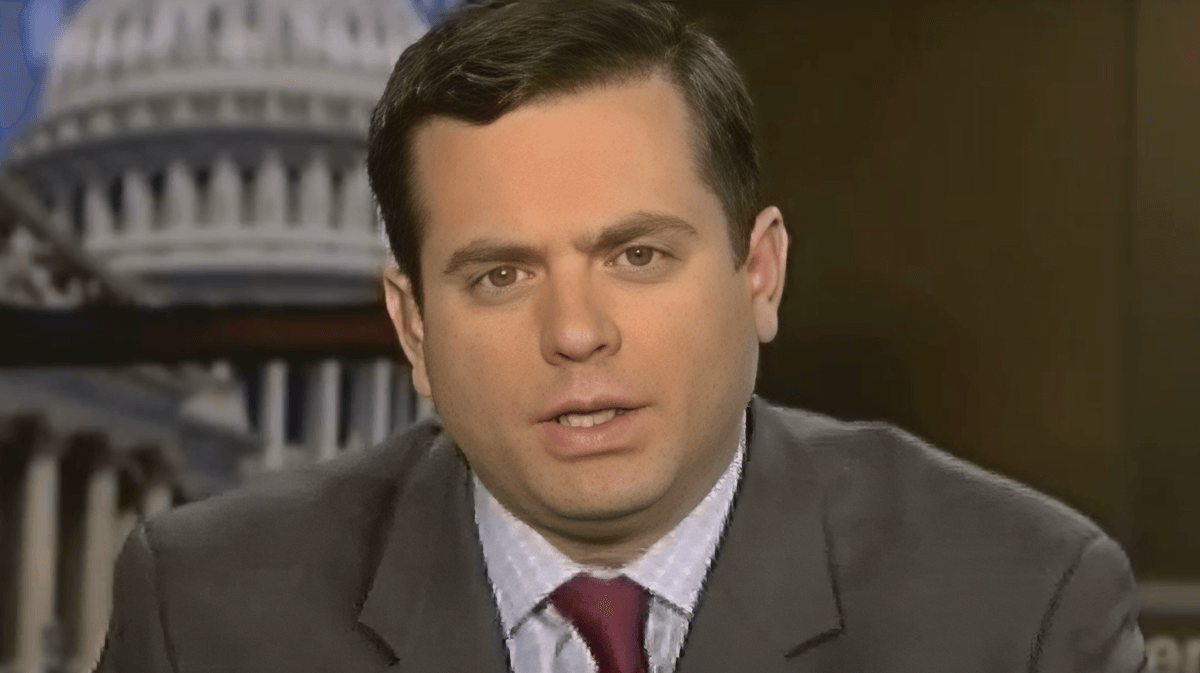The campaign trail is heating up for the D.C. Bar presidency as Brad Bondi, brother to Trump administration's Attorney General Pam Bondi, becomes a central figure in an election that's drawing unprecedented attention. With online voting that began in April and runs through early June, the race has already seen a voter turnout over 30,000—tripling past election cycles, as reported by NPR via the Washington Examiner.
Bondi's spotlight has intensified not due to his professional qualifications but because of his familial connection to Pam Bondi, who has been a divisive figure among left-leaning attorneys for what they consider "attacks on the Constitution." The election has become a battleground for those concerned with the integrity and impartiality of the nation's largest legal organization.
High-profile legal professionals, like George Conway, have publicly opposed Bondi's candidacy, citing the moral responsibility of the D.C. Bar to resist the rule of law's debasement, which they attribute to Pam Bondi's actions within the Trump administration. Despite not being a Bar member, Conway's Instagram video supporting Bondi's opponent, Diane Seltzer, has added fuel to the fire. Seltzer, an employment lawyer, has raised alarms over a culture of fear and retaliation within the legal community and vows to uphold the rule of law as her top priority.
The controversy was further stoked by Rev. Al Sharpton's comments on MSNBC, accusing the Trump administration of strategically placing allies in key legal positions to undermine checks and balances. Amidst the turmoil, Brad Bondi maintains that his presidency would not carry a political agenda, focusing instead on keeping the Bar apolitical and supporting all members equally, regardless of politics.
Bondi, a partner at Paul Hastings and a co-chair of its investigations and white-collar defense group, has a history of serving in D.C. Bar leadership roles and is an active law educator at several universities. His platform includes proposals like expanding free legal education and eliminating fees for certificates of good standing, reinforcing his commitment to a nonpartisan Bar.
Nevertheless, critics argue the symbolic significance of the D.C. Bar presidency, especially during a time of deep political divide within the legal profession. Brad Bondi's stance on maintaining the Bar's neutrality was highlighted in a tweet by Jim McCarthy, showcasing Bondi's determination to keep politics out of the organization's operations.
As the D.C. Bar members weigh their options, the election has evolved into a referendum on the role of politics in the legal profession and the broader implications it may have on the rule of law and legal institutions.





